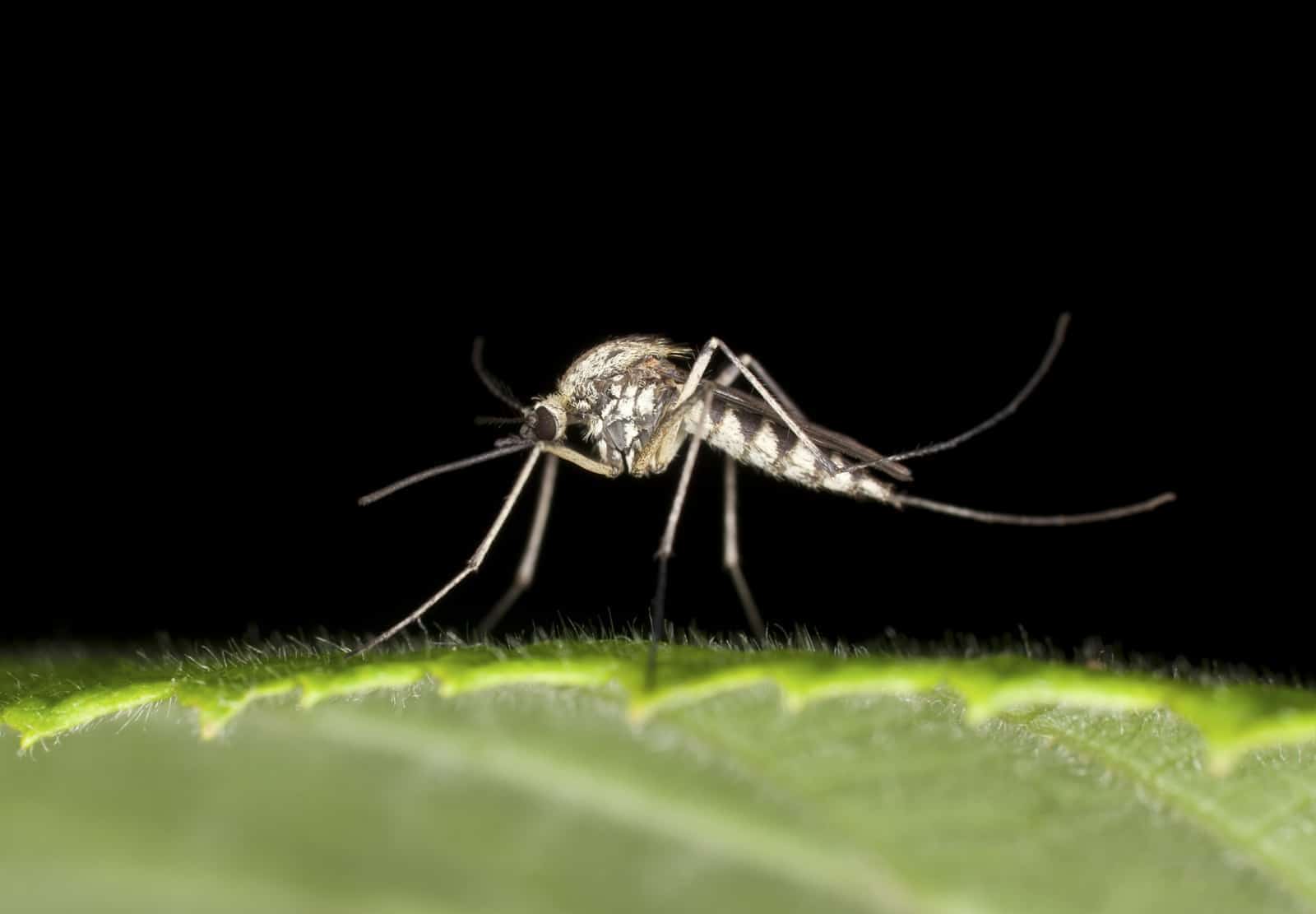North Carolina Confirms First EEE Case for 2018

A 4-year-old Quarter Horse stallion in Richmond County, North Carolina, was euthanized after contracting the first case of Eastern equine encephalomyelitis (EEE) in the state this year.
A viral disease, EEE affects the central nervous system and is transmitted to horses by infected mosquitoes. Clinical signs of EEE include moderate to high fever, depression, lack of appetite, cranial nerve deficits (facial paralysis, tongue weakness, difficulty swallowing), behavioral changes (aggression, self-mutilation, or drowsiness), gait abnormalities, or severe central nervous system signs, such as head-pressing, circling, blindness, and seizures. The course of EEE can be swift, with death occurring two to three days after onset of clinical signs despite intensive care; fatality rates reach 75-80% among horses. Horses that survive might have long-lasting impairments and neurologic problems. Once a horse has been bitten by an infected mosquito, it can take three to 10 days for clinical signs to develop.
“If your horses exhibit any symptoms of EEE, contact your veterinarian immediately,” said State Veterinarian Doug Meckes, DVM. “it is imperative that horse owners keep their vaccines current, talk to your veterinarian about vaccinating them as soon as possible against EEE and West Nile virus
Create a free account with TheHorse.com to view this content.
TheHorse.com is home to thousands of free articles about horse health care. In order to access some of our exclusive free content, you must be signed into TheHorse.com.
Start your free account today!
Already have an account?
and continue reading.
Written by:
Edited Press Release
Related Articles
Stay on top of the most recent Horse Health news with















